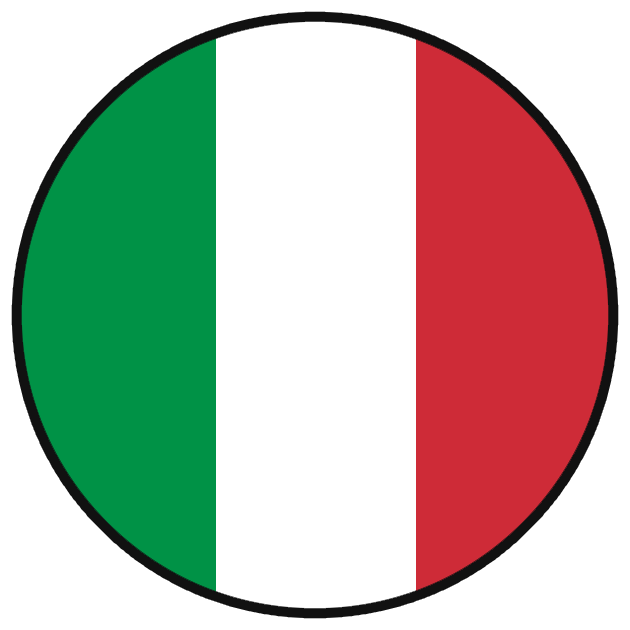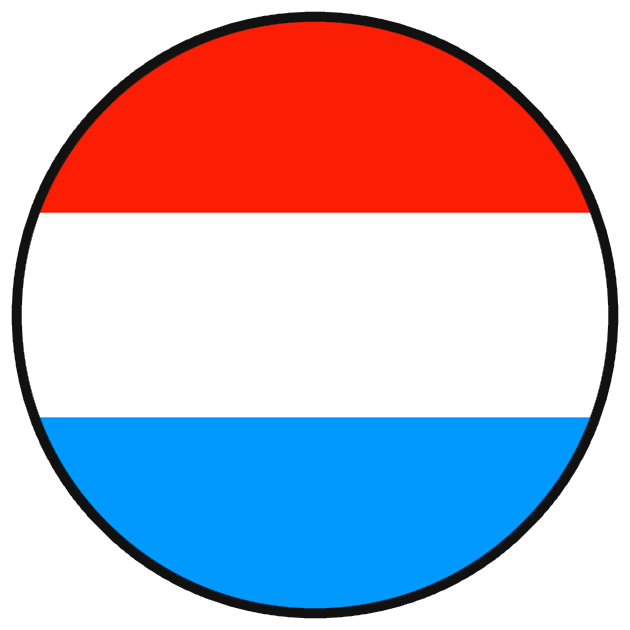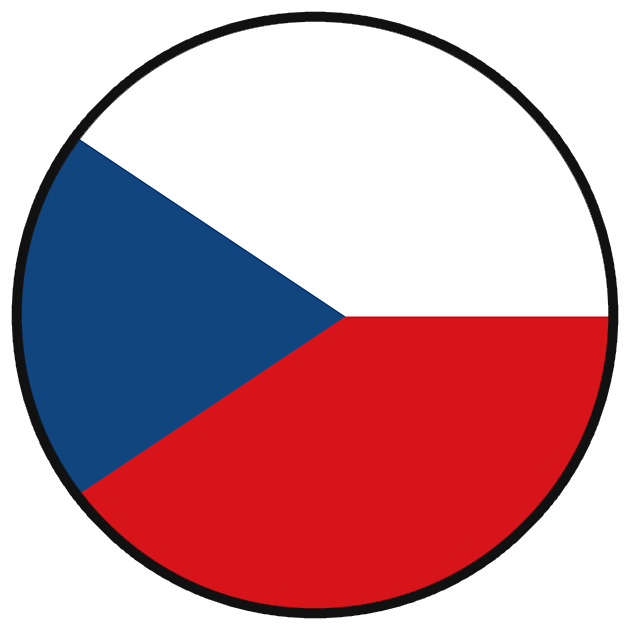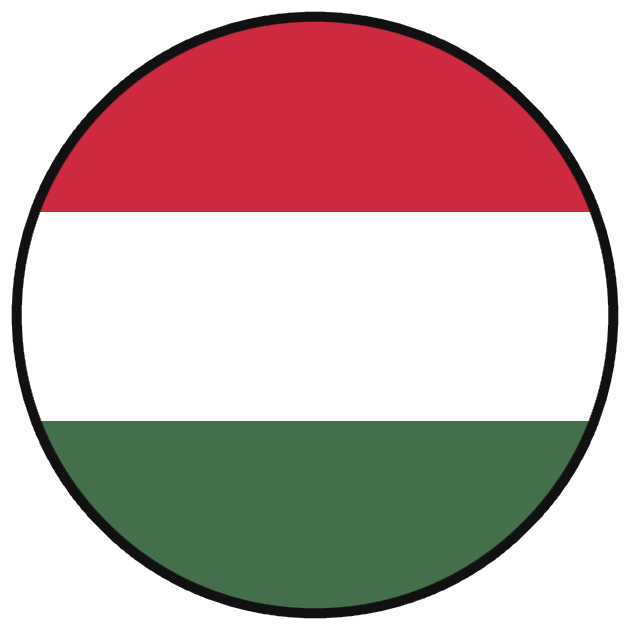At Naranjas del Carmen, we are committed to sustainable farming practices as the cornerstone of a healthy future. That’s why we are excited to be part of the MAXI-CoberLEG Project, which aims to enhance the resilience and productivity of citrus farming through the use of native lupin beans (altramuz) as winter legume cover crops.
Winter legumes play a crucial and fascinating role in our agricultural systems. During the winter months, our fields often have minimal plant cover and low plant biomass, leaving many beneficial species without suitable habitats. By promoting the growth of winter legumes such as lupins, we can offer essential refuge for a range of wildlife, including insects, birds, and small mammals like field mice and rabbits. The legumes also provide numerous benefits to the soil, including nitrogen fixation, which enriches the soil for future crops. Furthermore, their root systems help improve water retention. In this way, winter legumes contribute to the long-term sustainability of agricultural landscapes by promoting biodiversity and enhancing overall citrus quality and yield.
- Research and Development: Exploring the best varieties of native lupin for use as winter cover crops in different regions with diverse soil and climate conditions.
- Farmer Training and Support: Providing citrus growers with the tools and knowledge to incorporate winter legume cover crops effectively into their farming practices, ensuring that they can benefit from the environmental and economic advantages.
- Field Trials: Conducting field trials in multiple locations to measure the effectiveness of lupin cover crops in improving citrus yields, soil health, and pest control.
- Data-Driven Recommendations: Developing best practice guidelines based on the results of research and trials, helping farmers optimize their cultivation techniques.
The MAXI-CoberLEG Project takes place within the framework of the Strategic Plan for the Common Agricultural Policy (PEPAC) 2023-2027. It is 80% financed by the European Agricultural Fund for Rural Development (EAFRD) of the European Union and 20% by the Ministry of Agriculture, Fisheries and Food (MAPA). The Directorate-General for Rural Development, Innovation and Agri-food Training (DGDRIFA) is the authority responsible for the implementation of this aid. Total project budget: €598,609.05 Total grant: €591,393.44. The project is a collaboration between multiple research centers, agricultural companies, and universities.
The key partners are:
- Fundación Empresa-Universidad gallega (FEUGA)
- Misión Biológica de Galicia (MBG-CSIC)
- Centro de Edafología y Biología Aplicada del Segura (CEBAS-CSIC)
- Instituto Valenciano de Investigaciones Agrarias (IVIA)
- Darwin Bioprospecting Excellence S.L.
- Universidad Politécnica de Valencia (UV)
- COOPEGO
- Bio Varsella
- Masía El Carmen
As project partner, we conduct trials using winter legume cover crops like lupins in our citrus orchards, testing their effects on soil quality, water retention, and pest control. We share our experiences with fellow citrus growers and collaborate with other partners to disseminate the findings of the project.
At Naranjas del Carmen, we’re proud to be part of this exciting initiative, which combines innovative science with practical farming solutions. Through the use of lupin cover crops, we can not only improve the health of our soils and increase the sustainability of our farming practices, but also contribute to the future of European agriculture. We look forward to continuing our journey with the MAXI-CoberLEG project and sharing our experiences with the agricultural community.





 My account
My account 


































